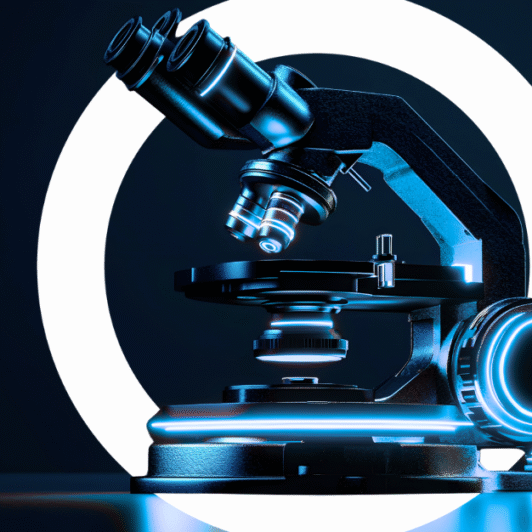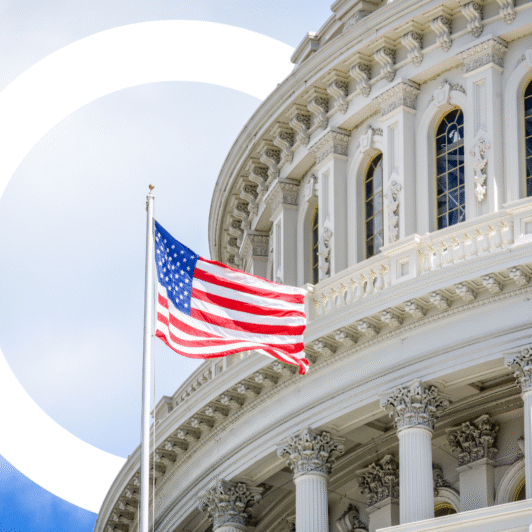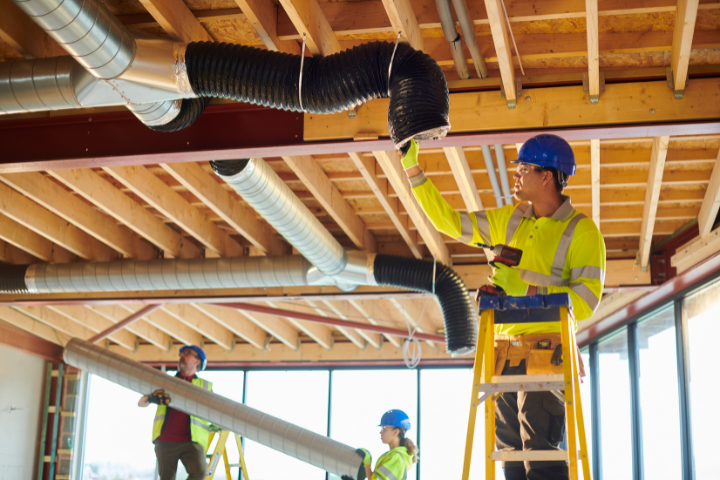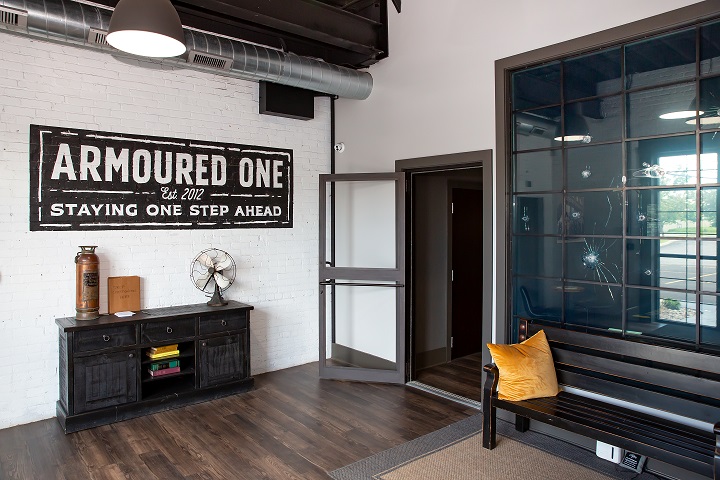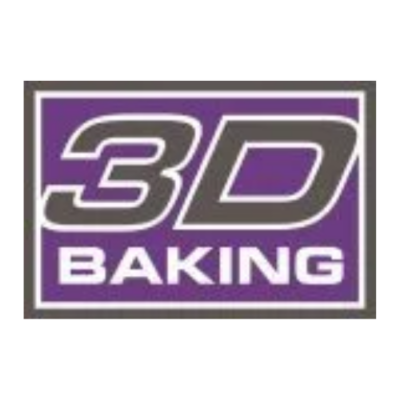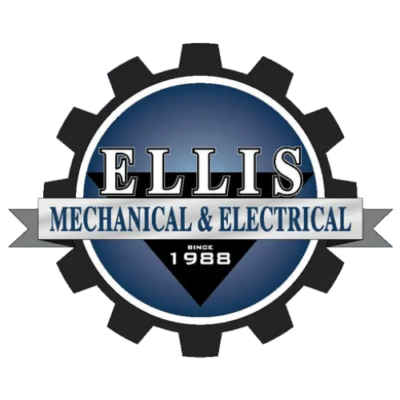Food and beverage businesses, from small craft producers to large processors, are innovating quickly. They face tight profit margins, high energy costs, and changing consumer demands. Our experts find and access federal R&D Tax Credits, Cost Segregation Benefits, and 179D Tax Deductions. These can help improve cash flow and payback on capital projects.
Food & Beverage
Addressing the key challenges
Businesses in the food and beverage industry are always finding new ways to improve their products and processes. They do this to stay competitive and offer the best products to consumers.
However, these companies are missing out on cash flow opportunities like tax credits for R&D. They are likely not taking advantage of key tax incentives they already qualify for. Businesses within the industry encounter difficulties like:

Food & beverage operations use large amounts of energy for refrigeration, cooking, pasteurization, drying and sterilization. This sector ranks among the top energy-consuming manufacturing industries in the U.S., thus making energy cost volatility and decarbonization a constant operational risk. Updates to buildings that result in energy efficiency could benefit from a 179D Tax Deduction.

Improving shelf life, changing recipes for better nutrition or clean labels, swapping ingredients, or redesigning packaging often needs technical testing and approval. This must also follow strict food safety and labeling rules. These projects focus on innovation. They are well-documented and measurable. They may qualify for a federal R&D Tax Credit.

Consumers and regulators want sustainable packaging. However, these changes can impact shelf life, machine speed, and cost. Often, new equipment or tools are needed and could benefit from Cost Segregation savings.

New SKUs and shorter production runs respond to consumer trends. This leads to ongoing changes in processes and engineering work across formulas and lines.

<p>Food & beverage operations use large amounts of energy for refrigeration, cooking, pasteurization, drying and sterilization. This sector ranks among the top energy-consuming manufacturing industries in the U.S., thus making energy cost volatility and decarbonization a constant operational risk. Updates to buildings that result in energy efficiency could benefit from a 179D Tax Deduction.</p>

<p>Improving shelf life, changing recipes for better nutrition or clean labels, swapping ingredients, or redesigning packaging often needs technical testing and approval. This must also follow strict food safety and labeling rules. These projects focus on innovation. They are well-documented and measurable. They may qualify for a federal R&D Tax Credit.</p>

<p>Consumers and regulators want sustainable packaging. However, these changes can impact shelf life, machine speed, and cost. Often, new equipment or tools are needed and could benefit from Cost Segregation savings.</p>

<p>New SKUs and shorter production runs respond to consumer trends. This leads to ongoing changes in processes and engineering work across formulas and lines.</p>
Expertise
How we can help to maximize your results
R&D Tax Credit
If your business tries to create new products, change recipes, or improve packaging, you may qualify for the R&D Tax Credit. Our industry experts work hard to find all qualifying expenses. This helps you make a successful claim for R&D tax credits.
179D Tax Deduction
Upgrades to building systems can lower energy and power costs. These upgrades might qualify for the Energy Efficient Commercial Buildings Deduction also known as the 179D Tax Credit. This includes lighting, HVAC, building envelope, and some refrigeration systems when they are part of the building system. We connect tax experts with industry engineers. They help document energy-saving models. This way, you can maximize your energy-saving upgrades.
Cost Segregation
F&B facilities and special production equipment often have shorter lifespans. This leads to immediate bonus depreciation and faster tax deductions. These benefits can improve cash flow for the current year. Our tax experts and industry engineers will find all improvements and site utilities. They will help recover them faster and get a larger deduction.




